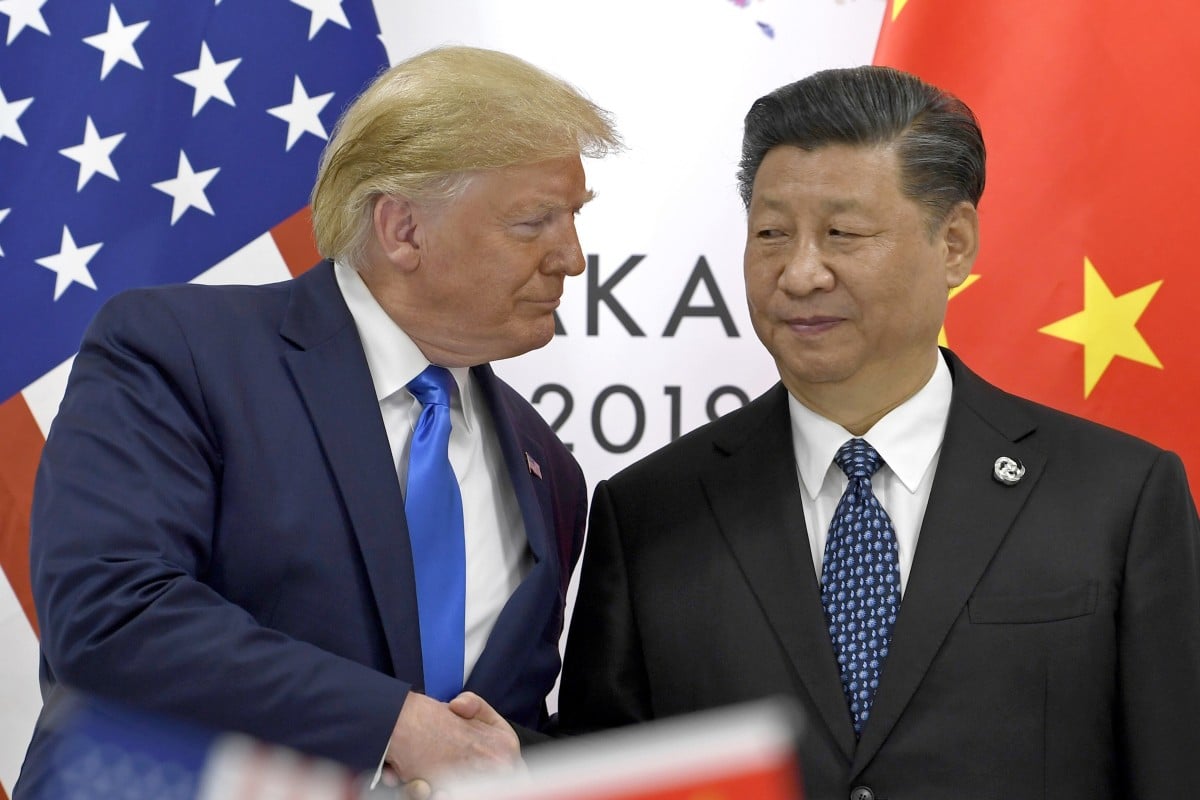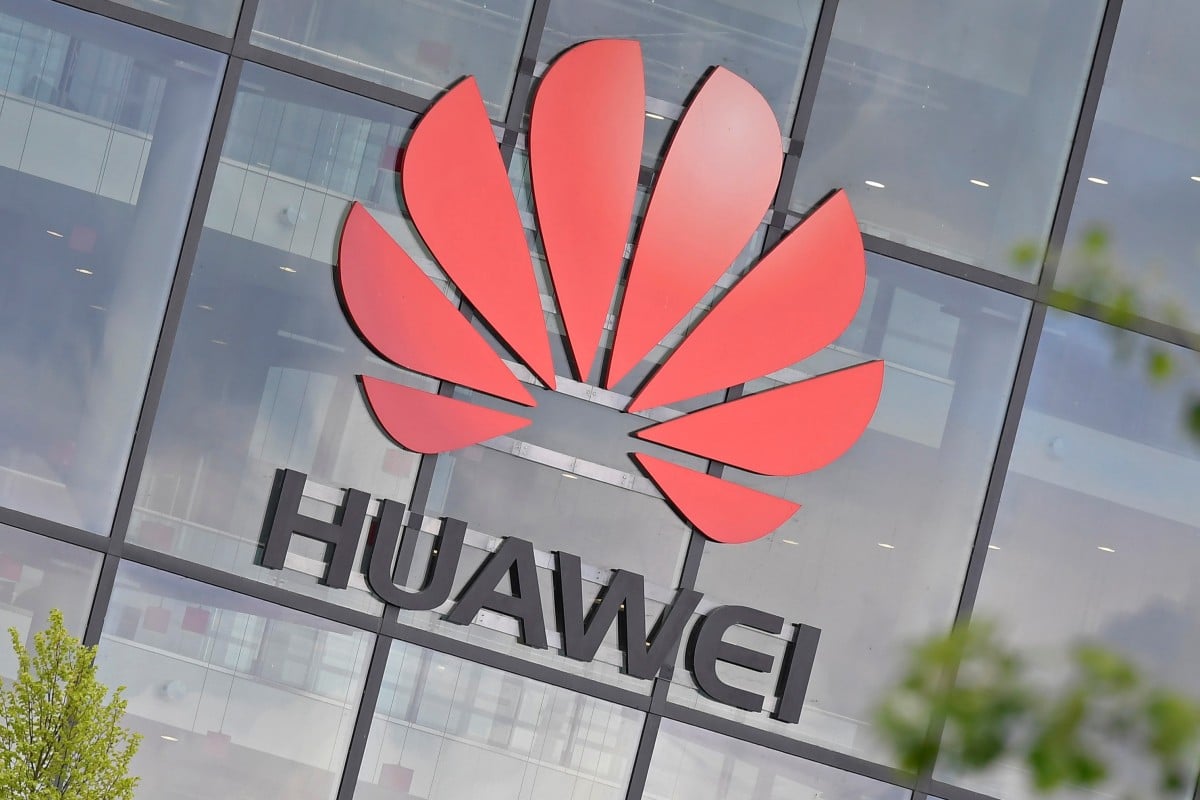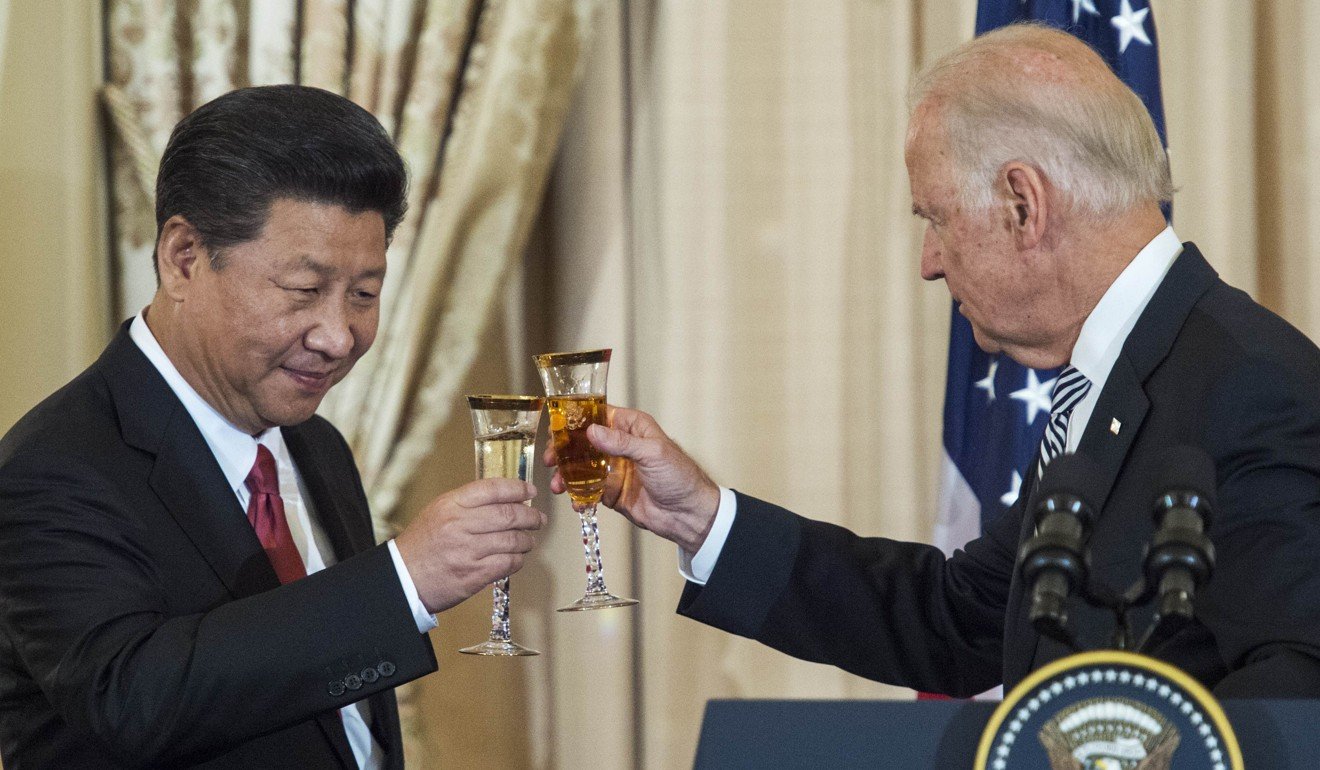In the US, China-bashing is rooted in myths of Western superiority Across the centuries, Europe propagated anti-Chinese stereotypes as a response to the perceived threats to European might In the US today, dehumanising myths about Chinese continue to drive the cultural belief that China is the enemy ....... In the United States, if the right and left agree upon anything, it is that China is the enemy, at a deep, cultural level. .......... dehumanising myths used to justify racist bullying: Chinese people have a collectivist mentality; are blindly obedient, and so on. ............... European explorers saw themselves as superior to everyone they encountered, but in China they found a populous nation with prosperous cities and a society so tolerant that religious wars were unknown. ............ “We could not believe that beyond so many half-barbarous nations, and at the extremity of Asia, a powerful nation was to be found scarce inferior to any of the best governed states of Europe.” .......... global demand for Chinese commodities such as tea, porcelain and silk had created trade deficits all over Europe. .......... Louis le Comte openly admired China’s meritocratic society; his book was burned. In a Europe torn by religious wars, Christian Wolff admired China’s secular morality. He was ordered to leave town in 24 hours or be hanged. ......... Another threat was China’s post-aristocratic society. Anonymous civil service exams reduced social class, religion or ethnicity as factors in official selection. This made participation in government more egalitarian than in Europe. ......... Dutch, French and English reformers seized on this to attack aristocratic privilege, arguing that China’s economic success was a product of its meritocratic system. .......... Our textbooks tell us the Baron was a champion of “liberty”, but fail to mention that “liberties” back then meant aristocratic privileges. We also learn he was opposed to “despotism”, but are not informed that “despotism” referred to stripping the nobility of their “liberties”. .............. Genuine reformers like Abbe Raynal continued to promote China-style equality right up to the American and French Revolutions ......... What was deliberately and usefully forgotten in England over the course of the eighteenth and nineteenth centuries was the contemporaneity of global history, specifically that of the dauntingly advanced civilisation at the far end of the Eurasian landmass”. .......... In China, anonymised civil service exams privileged individual talent, yet Hegel claimed the Chinese lacked individuality. China enjoyed a long tradition of political dissent, yet Hegel claimed the Chinese were mindlessly obedient, and sneaky as well. He could not read Chinese, and the record contradicts his claims, but his stereotypes persist.a ........... Just recently, mainstream media (Time) informed readers that people in Asia do not wear masks from a sense of public responsibility; it is merely that personal identity is not as important for them as for us, a classic Hegelian smear. ........... For centuries, China’s threat to the myth of Western superiority has made it an easy target for race-baiting. Now, its embrace of green energy once again threatens American face, not to mention petro-profits. ............ the greater risk may lie in overreacting to China’s success, yet the administration’s response has been to intensify the attacks. .......... Blaming alien races is a core strategy in the White Nationalist playbook, and if Trump had blamed African-Americans or Muslims, liberals would have seen through the ruse. ......... With China, Hegel’s stereotypes continue to pass for insider knowledge. ............. China’s tech industry may be crucial for controlling climate change. ........ China once provided Western liberals with a model of a less stratified society fostering rational policies for the public benefit.

US anxiety over China’s Huawei a sequel of the Yellow Peril In the years leading up to the end of the cold war, opinion polls revealed more Americans feared the ascendant economy of Japan – their ally – than the Soviet Union The same is happening now to Huawei as its products become superior. But the biggest difference between Japan then and China now: the US was able to put Japan back in its box. That is not happening this time ........... When it comes to the “yellow peril”, Democrats and Republicans are united. ........ Walter Mondale, Jimmy Carter’s vice-president who ran against Ronald Reagan in the 1984 election, took some swings at Japan that were just as good as Reagan’s. Interestingly, Mondale used very Trumpian lines about Japan stealing the jobs of good middle-class Americans. Bill Clinton later made Mondale the US ambassador to Japan. ........ It was heresy to bring up the fact that Japan’s automotive and electronics manufacturers had out-engineered and out-designed Americans and reached levels of quality control that the US industry could only dream of. No, it was the cheap yen causing all the problems. ............ The same is happening now to Huawei as its products become superior. The irony is that the Japanese are now on the side of the Americans. ........ Remember Toshiba when Huawei is accused of being a security risk, even though in the more genteel 1980s, the two sides did not take hostages. ........... the leader of the free world is freaking out because it is being challenged technologically by a nation that was dirt poor a generation ago. After all, in 1987, China’s gross domestic product was smaller than Spain’s. ......... For the first time in centuries, the West, led by the US, is being challenged by others who, a mere generation ago, were viewed as backward and inferior. ................. Anyone in tech will tell you that visiting China is sobering. The leaps being made in areas like machine learning, artificial intelligence, big data, cloud computing, agricultural technology and 5G are stunning. .......... Industrial espionage is as old as the hills. Is it the primary reason for China’s success? Nonsense. .......... The bully has met its match, and the bully is very uncomfortable.

‘Sleepy Joe’ Biden is one of the few US politicians who’s wide awake about China When the Obama-era vice-president said China was ‘not competition’ for the US, the backlash was enough to make him walk back his comments But the challenges facing President Xi Jinping, from the economy to wrangling the country’s bureaucrats, are vast ........ China’s economy has grown to be the world’s second largest, and Beijing has launched the ambitious Belt and Road Initiative, which promised trillions of US dollars in infrastructure investments to boost connectivity from Asia to Europe and Africa. At first glance, China may shape up to be a serious competitor to the US – but in reality, this competition is much less potent than what it is perceived to be, both in the short and long term. ......... After 40 years of rapid economic growth fuelled by low costs and cheap labour, China is going through a painful transition to a market economy driven by consumption and innovation as the old model is no longer sustainable. As the Chinese economy slows down, the government is struggling to create 13 million new jobs each year to accommodate fresh graduates, as well as migrant workers made redundant from factory closures. ......... the overall level of the country’s high-end manufacturing industries is at least 30 years behind that of the US. ......... Politically, Xi may consolidate his power through his anti-corruption campaign and become the most powerful leader since Mao Zedong. But he faces a tough job to get the bureaucracy to do his bidding, as the bureaucrats sing his praises on one hand but often obfuscate his commands. That explains why the authorities have now listed bureaucratic lethargy as a new form of corruption to crack down on in the ongoing anti-corruption drive.

Coronavirus News (169) https://t.co/6R5SMNMhZe #China #chinaindiaborder #UnitedStates #XiJinping #coronavirus #CoronavirusOutbreak #CoronaVirusSA #lockdown #pandemic #COVID19 #COVID__19
— Paramendra Kumar Bhagat (@paramendra) June 24, 2020


